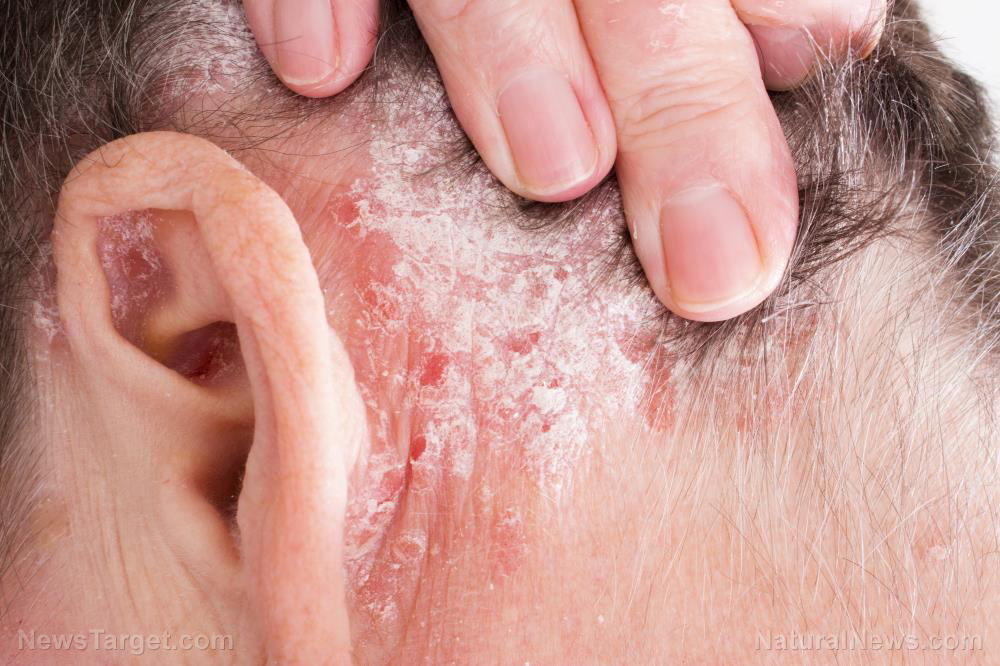
Top infectious disease expert Dr. Anthony Fauci said Wednesday, December 8, that the definition of "fully vaccinated" is going to change to include only those who received at least three shots of the Wuhan coronavirus (COVID-19) vaccines.
He also said that U.S. health officials are now discussing the prospect of rolling out a fourth COVID-19 shot for Americans, as the omicron variant has arrived in the country. So far, there have been 71 detections in 21 states, with New York leading at 21 cases reported.
However, COVID cases, hospitalizations and deaths are still on the rise despite high vaccination numbers, especially in the northeast, where vaccination rates are the highest.
Fauci said that the change in the definition of "fully vaccinated" is unlikely to happen in the next week, but he sees it happening at some point in the future, and it is a matter of "when, not if."
"I don’t see that changing tomorrow or next week, but certainly if you want to talk about what optimal protection is, I don’t think anybody would argue that optimal protection is going to be with a third shot," Fauci said. "For me, as a public health person, I just say get your third shot – forget about what the definition is. I just want to see people be optimally protected."
Fauci also noted that some health officials are already investigating the potential need for a fourth dose of COVID vaccines after people receive their boosters.
His statements came on the same day Pfizer announced that people need a booster shot to keep the same level of protection against the omicron variant. Those who have received only two doses are now at risk of breakthrough infections, the pharmaceutical company said.
Pfizer CEO Albert Bourla also said that a fourth dose may be necessary and may even be needed "faster" than Fauci's timeline suggests. "I think we will need the fourth dose. With omicron, we need to wait and see because we have very little information. We may need it faster," he said.
The omicron variant, which was discovered last month by South African health officials, quickly spread around the world and has now been sequenced 2,324 times in 61 countries.
Governments taking drastic actions
Officials around the world are now putting up measures to prevent the spread of omicron, although news reports say that it causes milder symptoms compared to other variants.
In the U.K., Prime Minister Boris Johnson announced work from home orders, enhanced contact tracing efforts and required the use of vaccine passports for attending events. There were 568 cases of the omicron variant detected in the U.K., although Johnson said that the real figure is likely higher.
In Denmark, new measures were announced to combat the spread of the variant. The Danish government told the population to work and attend school from home and reduced the hours that bars are allowed to stay open.
In South Africa, hospitalizations are still on the rise. The nation recorded nearly 20,000 new cases on Wednesday, bringing the seven-day average up to 13,400. However, it is not clear how many of these cases are due to the omicron variant. Not many of the hospitalized patients require intensive care, a positive sign that the omicron may be on the milder side. (Related: South African health workers: Symptoms associated with omicron are very mild.)
Pfizer also recently released its first official batch of data on how its COVID-19 vaccine reacts to the omicron variant and said that the two-dose vaccine has diminished capability to prevent infection from omicron. Separate data pending peer-review also found that the Pfizer vaccine recipients had 40 times fewer antibodies effective against the omicron variant than they did with other strains.
Read news related to the coronavirus pandemic at Pandemic.news.
Sources include:
Please contact us for more information.



















